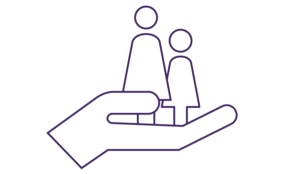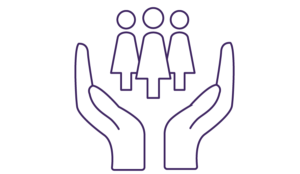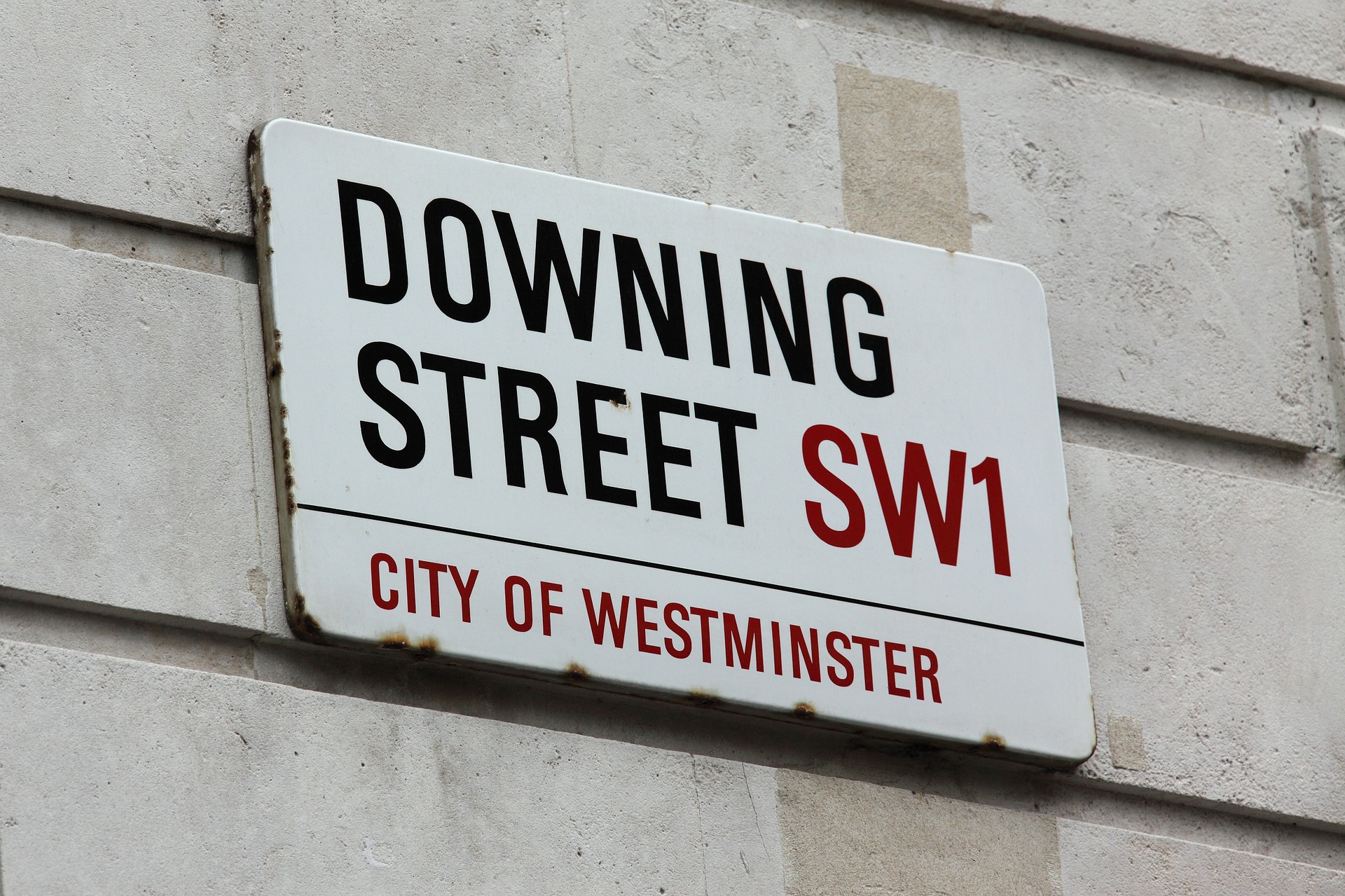The Istanbul Convention’s full name is the Convention on preventing and combating violence against women and domestic violence.
It is the most comprehensive legal framework that exists to tackle violence against women and girls, covering domestic violence, rape, sexual assault, female genital mutilation (FGM), so-called honour-based violence, and forced marriage.
The Istanbul Convention sets minimum standards for governments to meet when tackling violence against women. When a government ratifies the Convention, they are legally bound to follow it. So, if the UK Government ratified the Istanbul Convention, they will have to take all necessary steps it sets out to prevent violence, protect women experiencing violence, prosecute perpetrators and ensure monitoring of violence against women.
Below are some examples of what this looks like in practice.
Council of Europe: The impact of the Istanbul Convention
This video was created by the Council of Europe to explore the impact of the Istanbul Convention across the world.
The four pillars of the Istanbul Convention
Prevent
Countries that ratify the Istanbul Convention have to prevent violence against women and girls by:

- Regularly running awareness-raising campaigns;
- Training professionals who work closely with survivors;
- Providing education on equality between men and women, gender stereotypes, violence against women and girls, and non-violent conflict resolution in interpersonal relationships;
- Encouraging the media and the private sector to have stronger policies, guidelines, and standards to prevent violence against women and increase respect for their dignity;
- Setting up treatment programmes for perpetrators of domestic violence and for sex offenders.
Protect
Countries that ratify the Istanbul Convention have to provide women and girls who experience violence with protection and support by:
- Setting up a sufficient number of shelters to provide women and girls experiencing violence with safe accommodation;
- Setting up a sufficient number of rape crisis or sexual violence referral centres that provide medical and forensic examination, trauma support and counselling for survivors;
- Ensuring that country-wide 24/7 telephone helplines are available free of charge, in addition to specialised helplines;
- Ensuring that survivors of violence have access to the services their need, such as legal and psychological counselling, financial assistance, housing, education, training and assistance in finding employment.

Prosecute
Countries that ratify the Istanbul Convention have to take action to ensure the prosecution of perpetrators of violence by:

- Defining and criminalising different forms of violence against women and girls, including psychological and physical violence, sexual violence and rape, stalking, female genital mutilation, forced marriage, forced abortion and forced sterilisation;
- Taking action to ensure the effective investigation of any allegation of violence against women and domestic violence;
- Ensuring that culture, custom, religion, tradition or so‐called “honour" are not considered as justification for such acts.
Monitor
- The Istanbul Convention also has strong systems in place for checking that States are living up to their obligations so that they can be held accountable for their action (or sometimes lack of action) to end violence against women and girls.
- This includes reporting to an independent monitoring body (GREVIO) and states meeting to share best practice.



